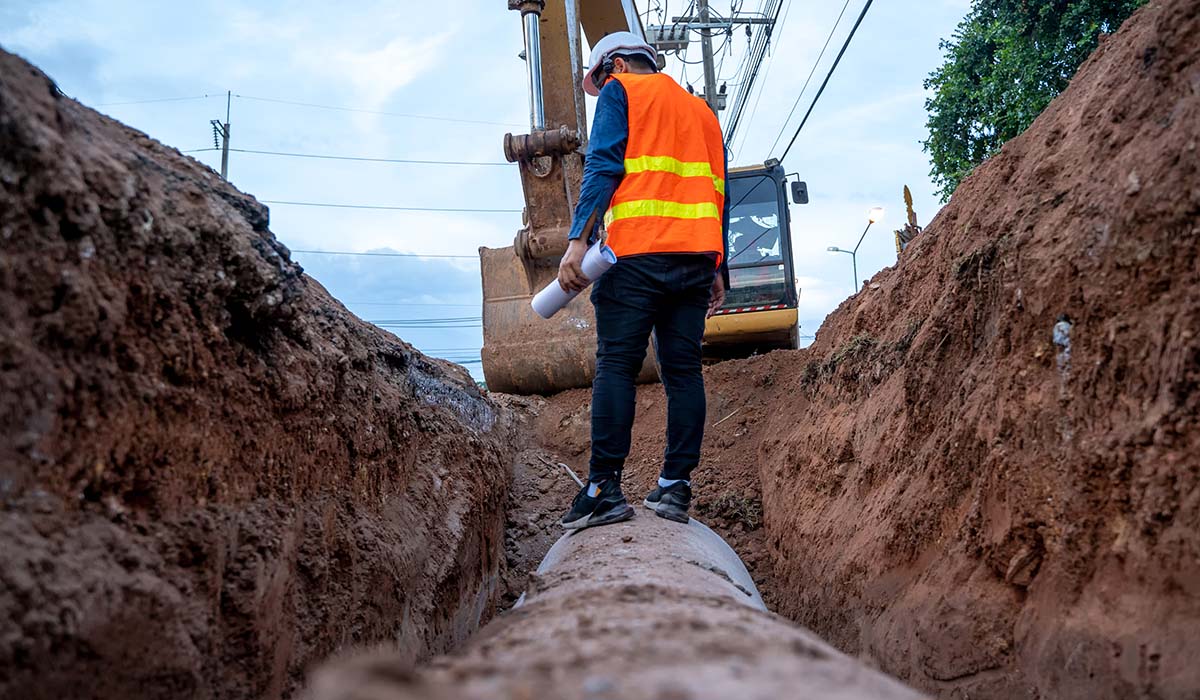Notable civil engineers of the past include Isambard Brunel and Joseph Bazalgette, the former is known for his pioneering work constructing the Thames Tunnel, and the latter built London’s first sewer network, which helped wipe cholera out of the capital.
Flash forward to modern times and civil engineers are associated with some of the world’s most mesmerizing buildings such as the Sydney Opera House and the Burj Khalifa.
However, civil engineers are also responsible for the day-to-day infrastructure that affects all of our lives, our roads, railways and bridges, energy and water supply, waste networks and flood defences. Civil engineers are responsible for keeping this infrastructure running at maximin efficiency, they also ensure this infrastructure can stand up to external challenges such as population growth, climate change and natural disasters.
Civil engineers are also responsible for delivering important infrastructure, even if there is little money in the pot to pay for it. To simplify, civil engineers must come up with solutions to complex problems, before implementing them. Civil engineers literally shape the world we live in.
There are many different areas of civil engineering, including environmental, structural, municipal, transport and geotechnical.
In each of these areas there are two types of roles:
- Consultants who focus on design work and are often based or client-facing.
- Contractors who are involved in the physical construction, who will usually be found on site.
Whatever situation civil engineers work in, they are required to be innovative and logical. Other attributes civil engineers exhibit include creativity, versatility, problem-solving, bigger-picture thinking and the ability to collaborate with a number of other professionals.
Our civil engineers have worked on a wide range of projects, in a huge range of industries. If you would like to talk to us more about our services, just get in touch.



